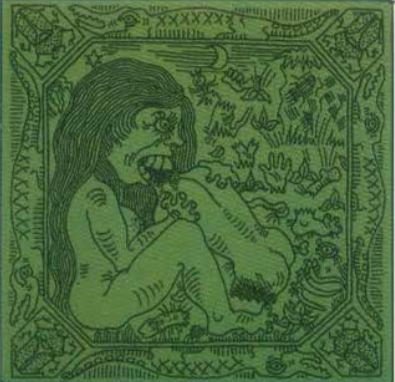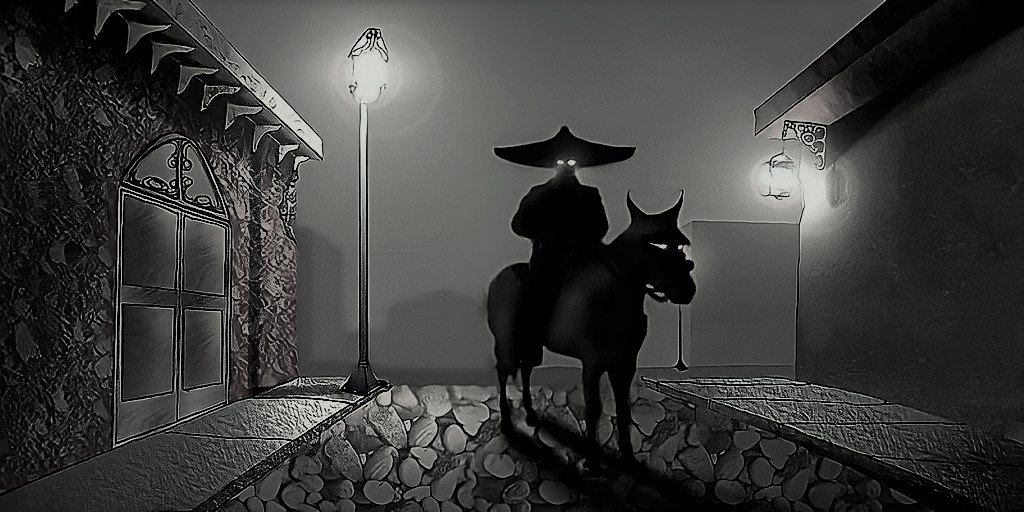Indiana’s Pornography Law That Was Too Pornographic
In the mid-20th century, the United States had a pornography problem. Not that everyone was hopelessly addicted to it but, instead, no one knew how to define it. Turns out it’s pretty hard to create laws governing something when you can’t even describe what you’re banning.
While the rest of the country was struggling with this, one little town in Indiana called Winchester thought they had it all figured out in 1973.
Am I doing it right?
The Foreplay
Prior to 1957, the United States relied on what was known as the “Hicklin test” in order to determine if something “obscene” should/could be banned. I could go into extreme detail on how this test, which originated in England, came to be used in the United States but, it’s pretty boring and basically just ends with someone in the U.S. saying “hey, that’s a neat idea, let’s use that.”
Turns out it wasn’t a neat idea as the Hicklin test allowed states to blanket ban the publication of materials that could “deprave and corrupt those whose minds are open to such immoral influences, and into whose hands a publication of this sort may fall.”
Basically, it says any publication can be banned if someone thinks it’s immoral and if it might be seen by someone who might be influenced by it. Pretty freaking broad.
Worse still, it allowed the banning of publications based on just a piece of the work outside of context. That would be like banning this website because I wrote “fuck” one too many times in a paragraph. Interestingly the judgment on the case, that led to the Hicklin test, was written by Chief Justice Cockburn.
“Yes I know it’s your signature but “cock” is inappropriate.”
In 1957 the Supreme court of the United States ruled in Roth v. United States that the Hicklin test was dumb and a new test was established. This test referred to as the “Roth test” looked at material as a whole and based it on “contemporary community standards.”
The ruling on this case also established that “obscene” materials were not protected by the 1st Amendment’s right to free speech.
The Acts
That ruling meant obscene material like porn and lewd images were outlawed. While Roth v. United States dealt with the mailing of pornographic material, a problem arose when it was questioned whether having outlawed porn in the privacy of your own home was legal. By questioned I mean it was another supreme court case that occurred in 1969… nice.
“Are all our pornography cases going to have sexual innuendos?”
In the case of Stanley v. Georgia of 1969, the Supreme Court ruled it was cool to have obscene material in your home because that’s what privacy is all about. But, since a Georgia law led to this case, this ruling also invalidated any law that states had regarding obscene materials not being allowed in your home.
Finally, 1973 saw two cases head up to the supreme court regarding obscene material and/or pornography, Miller v. California and Heller v. New York. The Miller case established a new set of rules to determine obscenity and the Heller case established that some state laws against obscenity were too vague to be constitutional.
Turns out a lot of states had pretty vague laws banning the possession of porn as well as the distribution of it. Under Miller v. California, it was totally rad to possess porn and for states to make laws around it but, under Heller v. New York, those laws had to be specific or you could fuggedaboutit.
The Climax
Here is where, if you remember what this article is about, a little town named Winchester, Indiana ran into several legal issues towards the end of 1973. Based on the Miller and Heller decisions, the state of Indiana’s anti-obscenity laws were struck down and Indiana was now left with one law against obscenities that was flaccid at best.
While state legislators started the process of drafting new state laws, the cities and towns had a right to pass local ordinances in the meantime. In December 1973, Winchester, Indiana’s city council approved an anti-pornography ordinance and ensured it was specific enough to not be challenged in court.
“Okay, next let's define the Mississippi birdbath and the rusty trombone.”
After high-fiving each other, the city council sent the ordinance entitled “An Ordinance to Regulate the Exposing to Minors of Harmful Materials” to the Winchester News Gazette. The town had a law that before any ordinance could go into effect, it had to appear in the local newspaper for two weeks. That had never been a problem before so you know what’s about to happen next.
Unfortunately, Richard Wise (or Dick Wise if you’re nasty) was the publisher of the Winchester News Gazette and was appalled by the language used in the ordinance. He presumably said “fudge that!” and refused to print it in his paper. The city council explained their position but Dick didn’t need to think long and hard on his decision.
Council members then remembered Winchester, Indiana was a two-paper town and sent the ordinance to the publisher of Winchester’s Journal Herald. Unfortunately, the publisher of the Journal Herald also refused to print the ordinance because he was also Richard Wise.
Journal Herald and Winchester News Gazette publishers
News quickly spread about the town that was unable to pass laws because a guy named Dick was a prude. Many assumed Richard was worried that by printing the ordinance in the paper and then selling the paper, he would be guilty of breaking the same law.
But, in various interviews in various papers around the country, Richard explained he was just holding his paper to a higher standard. In the papers of New York, Ohio, Pennsylvania, and even in Canada, Richard was quoted as saying:
“We would under no circumstances knowingly permit such language as it appears in the definitions section of the ordinance to be published in the editorial column of this newspaper…”
The Cleanup
The ordinance finally passed a month later but the city council was forced to use a loophole in the law that required them to print the law. This emergency statute was only to be used when in cases of “insurrection, riot, pestilence, conflagration, or in other cases of urgent necessity…”
“Dick is being a real dick about the word dick, I think that’s an emergency.”
This meant the council had to print the ordinance themselves and post it in public places like the fire station, post office, police station, etc and provide copies for two weeks. So while the rest of the country still wrestled with what was considered too obscene or pornographic, the little town of Winchester had figured it out… sort of.
Eventually, the local ordinance was superseded by state laws which was always the plan but, this is one case where the passing of a temporary law was more interesting than the law itself.
Quick Facts
The Indiana cases that resulted in its anti-obscenity laws being struck down in August of 1973 were Stroud v. State and Mohney v. State. Both cases involved obscene literature being sold and distributed.
In 1974 Winchester, Indiana was featured in an episode of the news program The Reasoner Report on ABC regarding the Supreme Courts' porn decisions.
Turns out the only way to see the actual text of the law, since it hasn’t been in effect for almost 50 years is to go to Indiana.

















